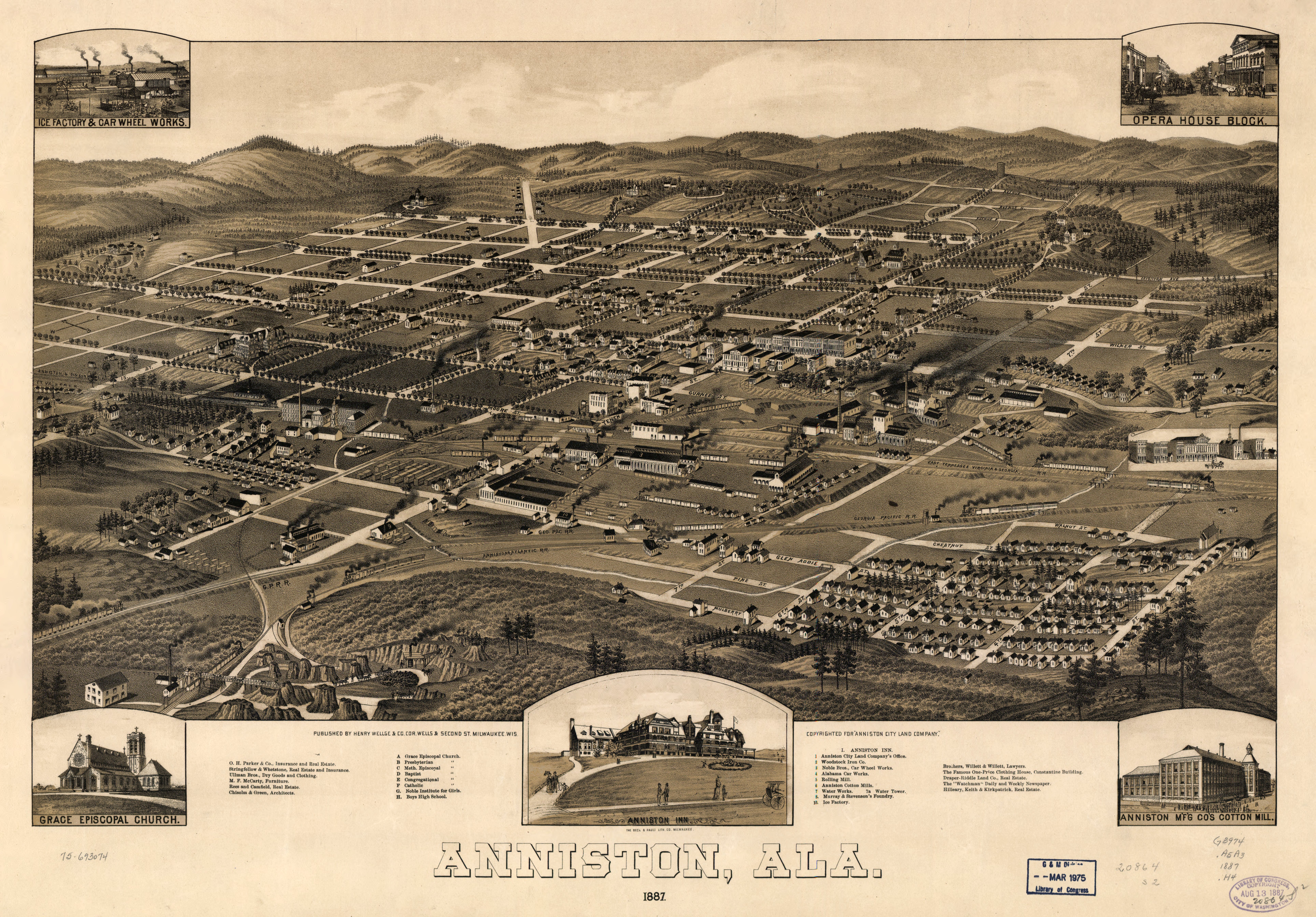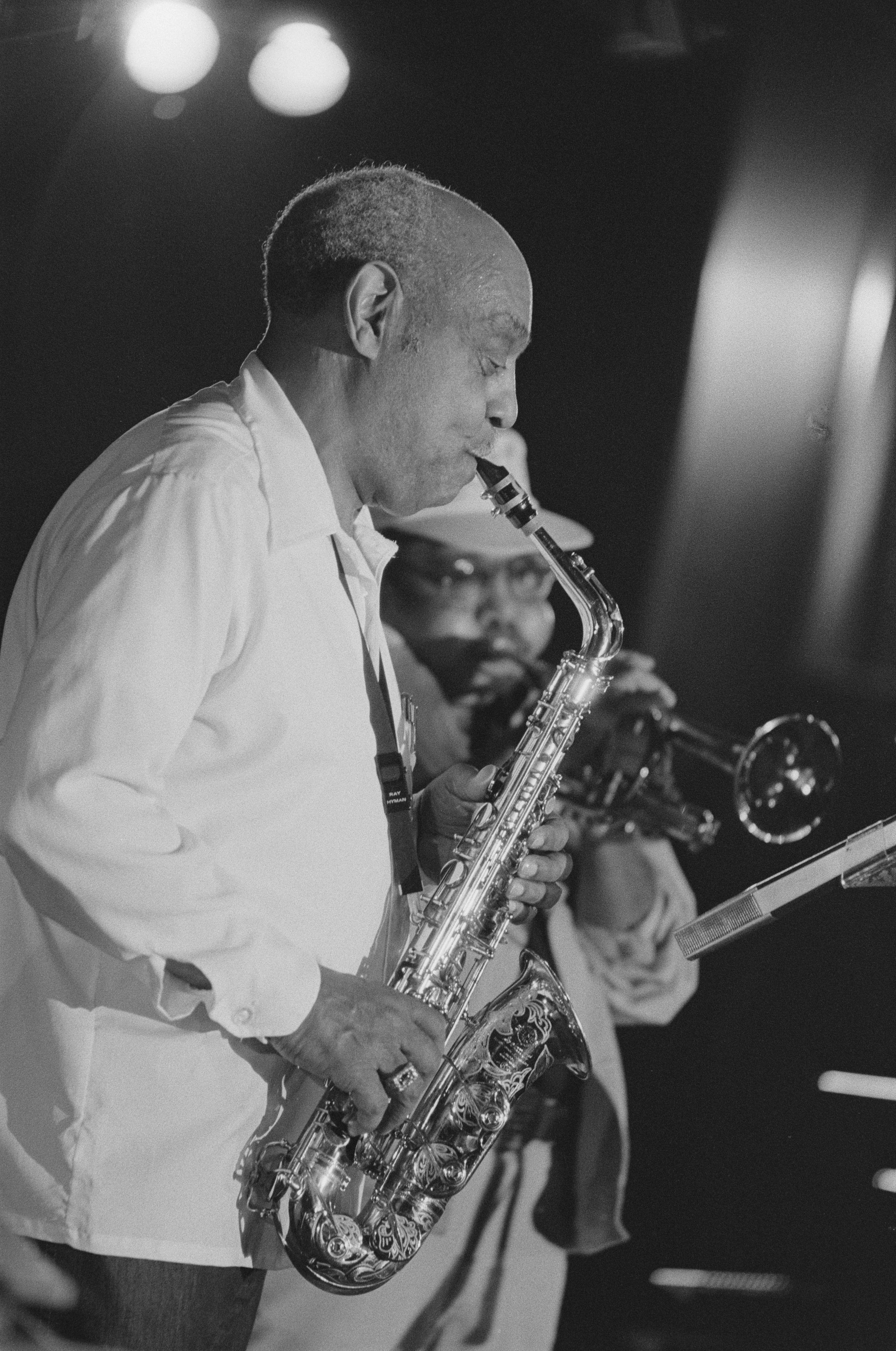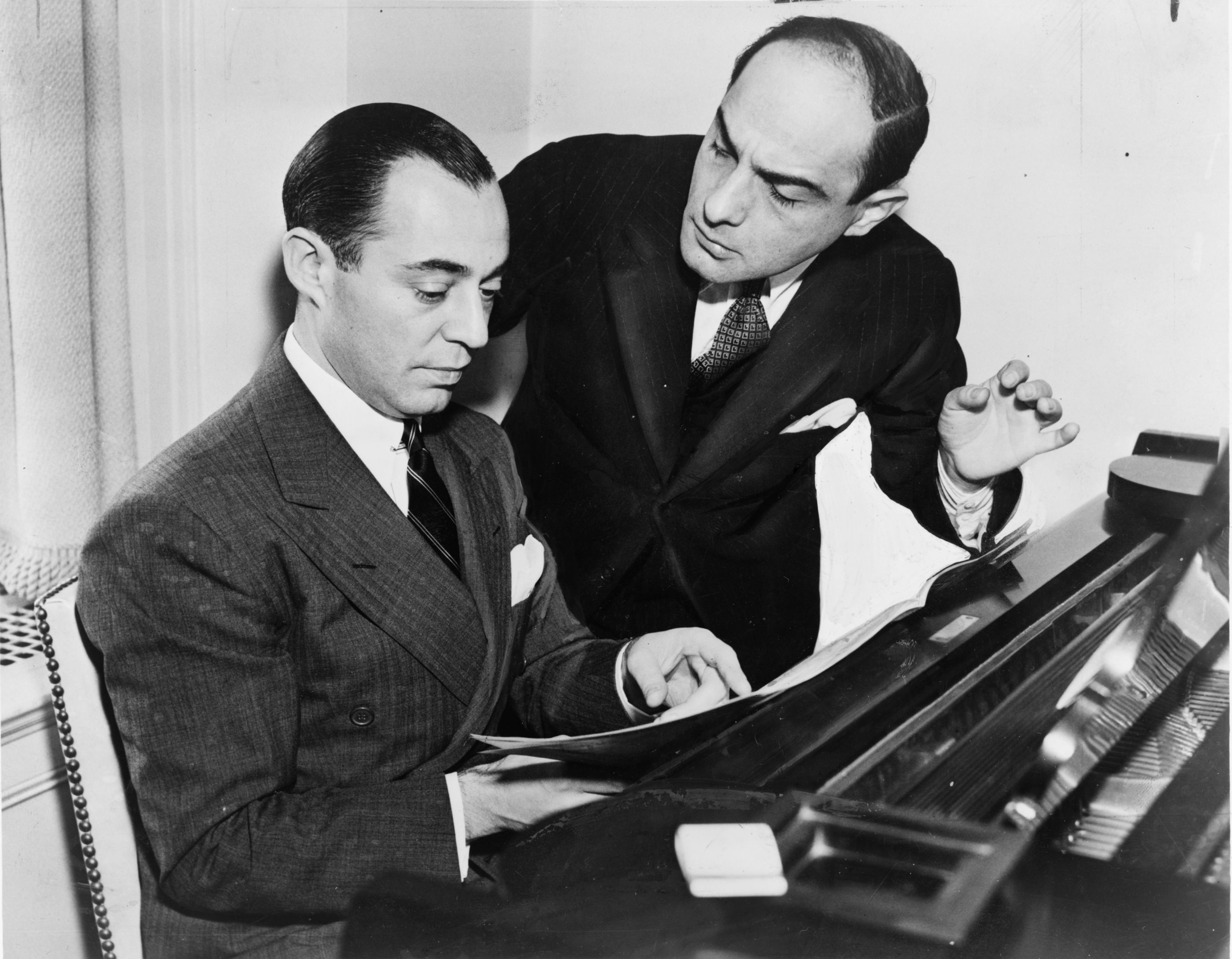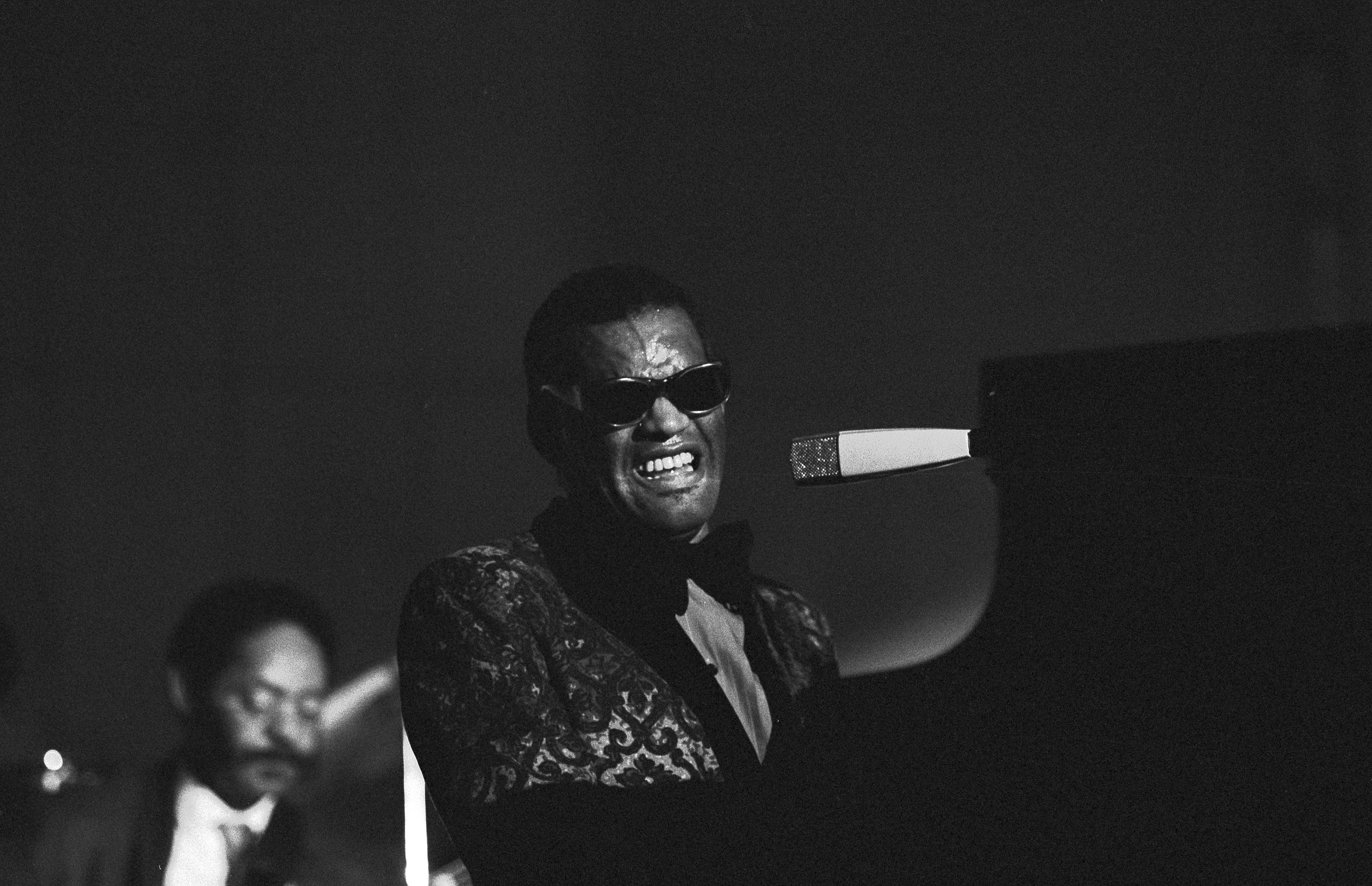|
Cow Cow Davenport
Charles Edward "Cow Cow" Davenport (April 23, 1894 – December 3, 1955) was an American boogie-woogie and piano blues player as well as a vaudeville entertainer. He also played the organ and sang. Davenport, who also made recordings under the pseudonyms of Bat The Humming Bird, George Hamilton and The Georgia Grinder, is a member of the Alabama Music Hall of Fame. Career He was born in Anniston, Alabama, United States, one of eight children. Davenport started to play the piano at age 12. His father objected strongly to his musical aspirations and sent him to a theological seminary, where he was expelled for playing ragtime. Davenport's career began in the 1920s when he joined the K.G. Barkoot Traveling Carnival. His initial profile came as accompanist to blues musicians Dora Carr and Ivy Smith. Davenport and Carr performed as a vaudeville act as "Davenport & Co", and he performed with Smith as the "Chicago Steppers".Olderen, Martin van, ''Cow Cow Blues'', liner notes, O ... [...More Info...] [...Related Items...] OR: [Wikipedia] [Google] [Baidu] |
Anniston, Alabama
Anniston is a city and the county seat of Calhoun County, Alabama, Calhoun County in Alabama, United States, and is one of two urban centers/principal cities of and included in the Anniston–Oxford metropolitan area, Anniston–Oxford Metropolitan Statistical Area. As of the 2010 United States Census, 2010 census, the population of the city was 23,106. According to 2019 United States Census Bureau, Census estimates, the city had a population of 21,287. Named "The Model City" by Atlanta newspaperman Henry W. Grady for its careful planning in the late 19th century, the city is situated on the slope of Blue Mountain. History Civil War Though the surrounding area was settled much earlier, the mineral resources in the area of Anniston were not exploited until the American Civil War, Civil War. The Confederate States of America operated an iron furnace near present-day downtown Anniston, until it was destroyed by raiding Union Army, Union cavalry in early 1865. Later, cast iron for ... [...More Info...] [...Related Items...] OR: [Wikipedia] [Google] [Baidu] |
Jazz
Jazz is a music genre that originated in the African-American communities of New Orleans, Louisiana, in the late 19th and early 20th centuries. Its roots are in blues, ragtime, European harmony, African rhythmic rituals, spirituals, hymns, marches, vaudeville song, and dance music. Since the 1920s Jazz Age, it has been recognized as a major form of musical expression in traditional and popular music. Jazz is characterized by swing and blue notes, complex chords, call and response vocals, polyrhythms and improvisation. As jazz spread around the world, it drew on national, regional, and local musical cultures, which gave rise to different styles. New Orleans jazz began in the early 1910s, combining earlier brass band marches, French quadrilles, biguine, ragtime and blues with collective polyphonic improvisation. However, jazz did not begin as a single musical tradition in New Orleans or elsewhere. In the 1930s, arranged dance-oriented swing big bands, ... [...More Info...] [...Related Items...] OR: [Wikipedia] [Google] [Baidu] |
Don Raye
Don Raye (born Donald MacRae Wilhoite Jr., March 16, 1909 – January 29, 1985) was an American songwriter, best known for his songs for The Andrews Sisters such as "Beat Me Daddy, Eight to the Bar", " The House of Blue Lights", "Just for a Thrill" and "Boogie Woogie Bugle Boy." The latter was co-written with Hughie Prince. While known for such wordy novelty numbers, he also wrote the lyrics to " You Don't Know What Love Is," a simple, poetic lament of unusual power. He also composed the song "(That Place) Down the Road a Piece," one of his boogie woogie songs, which has a medium bright boogie tempo. It was written for the Will Bradley Orchestra, who recorded it in 1940, but the song was destined to become a rock and roll standard, recorded by The Rolling Stones, Chuck Berry, Jerry Lee Lewis, Foghat, Amos Milburn, Harry Gibson, and countless others. In 1940, he wrote the lyrics for the patriotic song " This Is My Country". In 1985, Don Raye was inducted into the Songwriter ... [...More Info...] [...Related Items...] OR: [Wikipedia] [Google] [Baidu] |
Gene De Paul
Gene Vincent de Paul (June 17, 1919 – February 27, 1988) was an American pianist, composer and songwriter. Biography Born in New York City, he served in the United States Army during World War II. He was married to Billye Louise Files (November 23, 1924 – January 30, 1977) of Jack County, Texas. He joined the American Society of Composers, Authors and Publishers (ASCAP) in 1941, and went on to compose the music for many motion pictures. He was nominated (with Don Raye) for an Academy Award for Best Music, Original Song in 1942 for the song "Pig Foot Pete" from the movie '' Hellzapoppin''. The song actually was not included in that movie, but in the 1941 feature, '' Keep 'Em Flying'', and was thus ineligible for the nomination and award. The award was given to " White Christmas". De Paul collaborated with Johnny Mercer, Don Raye, Carolyn Leigh, Charles Rinker and others at Universal Studios, Walt Disney Studios and other Hollywood companies. De Paul composed the 195 ... [...More Info...] [...Related Items...] OR: [Wikipedia] [Google] [Baidu] |
Benny Carter
Bennett Lester Carter (August 8, 1907 – July 12, 2003) was an American jazz saxophonist, clarinetist, trumpeter, composer, arranger, and bandleader. With Johnny Hodges, he was a pioneer on the alto saxophone. From the beginning of his career in the 1920s, he worked as an arranger including written charts for Fletcher Henderson's big band that shaped the swing style. He had an unusually long career that lasted into the 1990s. During the 1980s and 1990s, he was nominated for eight Grammy Awards, which included receiving a Grammy Lifetime Achievement Award, Lifetime Achievement Award. Career Carter was born in New York City in 1907. He was given piano lessons by his mother and others in the neighborhood. He played trumpet and experimented briefly with C-melody saxophone before settling on alto saxophone. In the 1920s, he performed with June Clark (musician), June Clark, Billy Paige, and Earl Hines, then toured as a member of the Wilberforce Collegians led by Horace Henderson. He ... [...More Info...] [...Related Items...] OR: [Wikipedia] [Google] [Baidu] |
Songwriter
A songwriter is a person who creates musical compositions or writes lyrics for songs, or both. The writer of the music for a song can be called a composer, although this term tends to be used mainly in the classical music genre and film scoring. A songwriter who mainly writes the lyrics for a song is referred to as a lyricist. The pressure from the music industry to produce popular hits means that song writing is often an activity for which the tasks are distributed among a number of people. For example, a songwriter who excels at writing lyrics might be paired with a songwriter with the task of creating original melodies. Pop songs may be composed by group members from the band or by staff writers – songwriters directly employed by music publishers. Some songwriters serve as their own music publishers, while others have external publishers. The old-style apprenticeship approach to learning how to write songs is being supplemented by university degrees, college diplomas and ... [...More Info...] [...Related Items...] OR: [Wikipedia] [Google] [Baidu] |
Cow-Cow Boogie (Cuma-Ti-Yi-Yi-Ay)
"Cow Cow Boogie (Cuma-Ti-Yi-Yi-Ay)" is a "country-boogie"-style blues song, with music was written by Don Raye, and lyrics were written by Benny Carter and Gene De Paul. The song was written for the 1942 Abbott & Costello film '' Ride 'Em Cowboy'', which included Ella Fitzgerald as a cast member, but was cut from the movie. Background The song utilizes the folklore of the singing cowboy in the American West. In the lyrics, the cowboy is from the city and tells his "dogies" (motherless calves) to "get hip." First recording The first recording was by Freddie Slack & his Orchestra, featuring vocalist Ella Mae Morse in 1942. The record was the second release by Capitol Records and their first million-seller/ number one on the charts record. Morse learned the song from hearing Fitzgerald on a soundtrack she had acquired, even though the song had been cut from the movie. Morse also recalled recording the song in a single take, which she had thought was only a rehearsal. Other reco ... [...More Info...] [...Related Items...] OR: [Wikipedia] [Google] [Baidu] |
Atlantic Records
Atlantic Recording Corporation (simply known as Atlantic Records) is an American record label founded in October 1947 by Ahmet Ertegun and Herb Abramson. Over the course of its first two decades, starting from the release of its first recordings in January 1948, Atlantic earned a reputation as one of the most important American labels, specializing in jazz, R&B, and soul by Aretha Franklin, Ray Charles, Wilson Pickett, Sam and Dave, Ruth Brown and Otis Redding. Its position was greatly improved by its distribution deal with Stax. In 1967, Atlantic became a wholly owned subsidiary of Warner Bros.-Seven Arts, now the Warner Music Group, and expanded into rock and pop music with releases by Crosby, Stills, Nash & Young, Led Zeppelin, and Yes. In 2004, Atlantic and its sister label Elektra were merged into the Atlantic Records Group. Craig Kallman is the chairman of Atlantic. Ahmet Ertegun served as founding chairman until his death on December 14, 2006, at age ... [...More Info...] [...Related Items...] OR: [Wikipedia] [Google] [Baidu] |
Nat "King" Cole
Nathaniel Adams Coles (March 17, 1919 – February 15, 1965), known professionally as Nat King Cole, alternatively billed as Nat "King" Cole, was an American singer, jazz pianist, and actor. Cole's career as a jazz and pop vocalist started in the late 1930s and spanned almost three decades where he found success and recorded over 100 songs that became hits on the pop charts. Cole started his career as a jazz pianist in the late 1930s, when he formed the King Cole Trio, which became the top-selling group (and the only black act) on Capitol Records in the 1940s. Cole's trio was the model for small jazz ensembles that followed. Starting in 1950, he transitioned to become a solo singer billed as Nat King Cole. Despite achieving mainstream success, Cole faced intense racial discrimination during his career. While not a major vocal public figure in the civil rights movement, Cole was a member of his local NAACP branch and participated in the 1963 March on Washington. He regula ... [...More Info...] [...Related Items...] OR: [Wikipedia] [Google] [Baidu] |
Ray Charles
Ray Charles Robinson (September 23, 1930 – June 10, 2004) was an American singer, songwriter, and pianist. He is regarded as one of the most iconic and influential musicians in history, and was often referred to by contemporaries as "The Genius". Among friends and fellow musicians, he preferred being called "Brother Ray". Charles was blinded during childhood, possibly due to glaucoma. Charles pioneered the soul music genre during the 1950s by combining elements of blues, jazz, rhythm and blues, and Gospel music, gospel into his music during his time with Atlantic Records. He contributed to the integration of country music, rhythm and blues, and pop music during the 1960s with his crossover success on ABC Records, notably with his two ''Modern Sounds'' albums. While he was with ABC, Charles became one of the first black musicians to be granted artistic control by a mainstream record company. Charles' 1960s hit "Georgia on My Mind" was the first of his three career No. 1 hits ... [...More Info...] [...Related Items...] OR: [Wikipedia] [Google] [Baidu] |
Mess Around
The "Mess Around" is a song written by Ahmet Ertegun, co-founder and then-vice-president of Atlantic Records, under the pseudonym of A. Nugetre, or "Nuggy". It was performed by Ray Charles, and was one of Charles's first hits. Origins and composition Ertegun claimed his inspiration for writing "Mess Around" was stride pianist Pete Johnson. Earlier versions of the tune's New Orleans boogie piano riff can be heard in songs from the early 1930s and 1940s, with perhaps the earliest example being Charles "Cow Cow" Davenport's "Cow Cow Blues" from 1928. Dr. John also spoke about the origin of this tune on his ''Dr John Teaches New Orleans Piano'' series of DVDs. The song's lyrics urge listeners to dance ("everybody do the Mess Around"), along with a few other key phrases, notably "see that girl with the red dress on", harkening back to " Pinetop's Boogie Woogie", Pinetop Smith's early boogie-woogie classic. Release "Mess Around" became a big R&B charted hit when released as a si ... [...More Info...] [...Related Items...] OR: [Wikipedia] [Google] [Baidu] |
Ahmet Ertegun
Ahmet Ertegun ( ; , ; July 31, 1923 – December 14, 2006) was a Turkish-American businessman, songwriter, record executive and philanthropist. Ertegun was the co-founder and president of Atlantic Records. He discovered and championed many leading rhythm and blues and rock musicians. Ertegun also wrote classic blues and pop songs. He served as the chairman of the Rock and Roll Hall of Fame and museum, located in Cleveland, Ohio. Ertegun has been described as "one of the most significant figures in the modern recording industry." In 2017 he was inducted into the Rhythm and Blues Music Hall of Fame in recognition of his work in the music business. Ertegun helped foster ties between the U.S. and Turkey, his birthplace. He served as the chairman of the American Turkish Society for over 20 years until his death. He also co-founded the New York Cosmos soccer team of the original North American Soccer League. Background Ahmet Ertegün's great-grandfather, İbrahim Edhem Efendi, ... [...More Info...] [...Related Items...] OR: [Wikipedia] [Google] [Baidu] |





